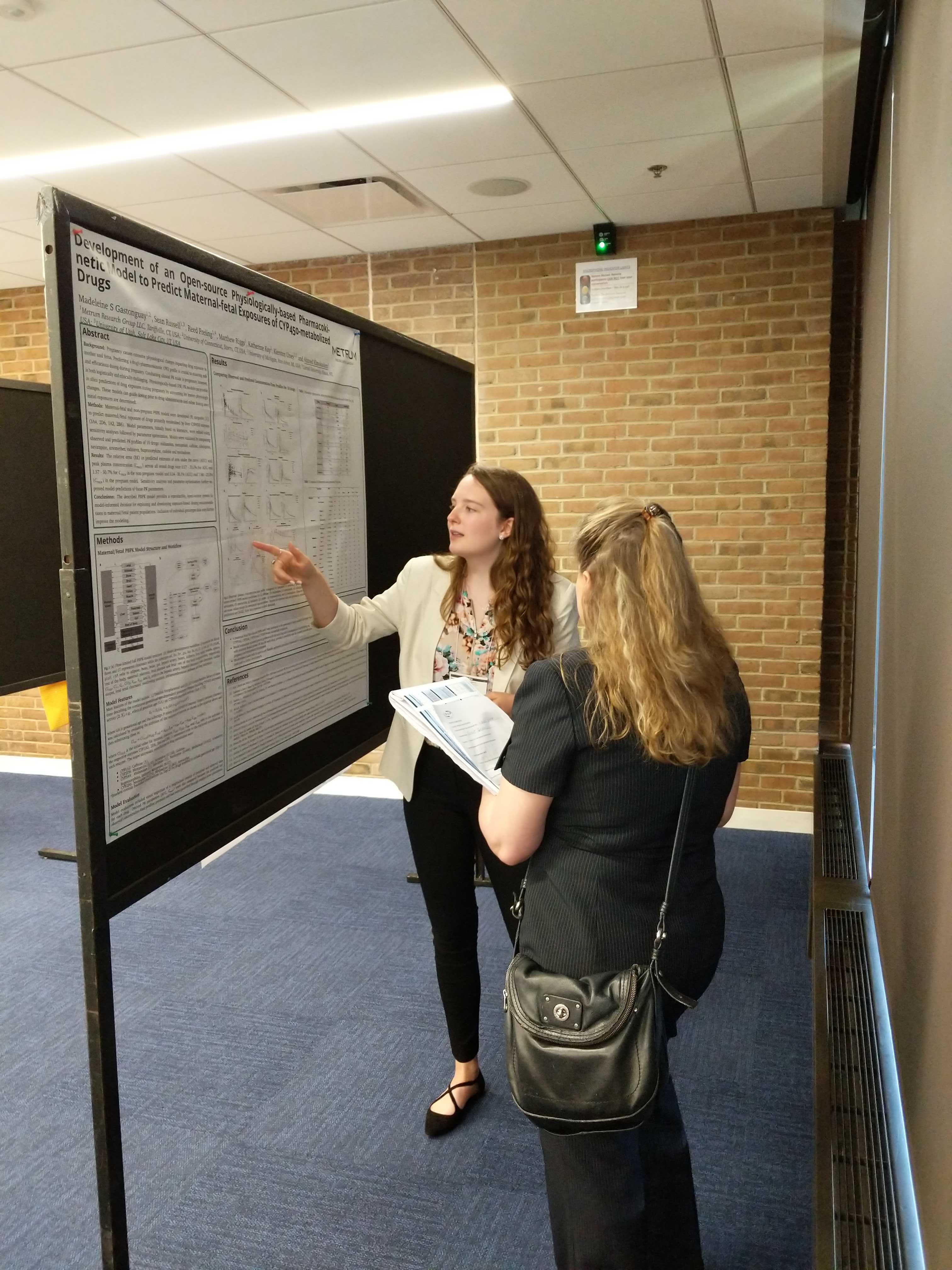I am excited to share that one of our recent papers written in collaboration with EMD Serono, Pharmacometric modeling and machine learning analyses of prognostic and predictive factors in the JAVELIN Gastric 100 phase III trial of avelumab, has been recognized as one of the most cited in its publication last year. Reflecting on this achievement, I wanted to provide some insights into why I believe this paper resonated so strongly with the pharmacometrics community and became such a valuable resource.
JAVELIN Recognition: Insights from One of the Most Cited Papers of the Year
Topics: Methodology, Tools, and Computation, Machine Learning, AI
Proposal for an Open Software Development Life Cycle
The confluence of several factors, including: the growing recognition of the value of quantitative approaches to decision-making in drug development, advancements in numerical methods and analytics, and democratization of modern software engineering, has led to the emergence of multiple pharmacometrics-related software tools, both commercially and publicly licensed. A rigorously managed, high-quality, software development practice is central to reliable and reproducible scientific application and regulatory compliance for these tools. Professional software development best practices should typically be outlined in a Software Development Life Cycle (SDLC) policy or procedure, but the extent of guidance, consistency of methods, adherence to procedures, completeness of quality documentation, and execution rigor vary greatly across software development organizations or teams.
Metrum Research Group scientists participated in the first International Society of Pharmacometrics (ISoP) Regional Quantitative Systems Pharmacology (QSP) Day on July 16, 2019.
The meeting, which included podium presentations, a poster session, and opportunities for discussion and networking, highlighted several examples of the application of QSP methods in drug development. Particularly notable topics included: the integration of transcriptomics and systems pharmacology models, challenges with calibration of virtual patients in QSP models, and the use of QSP as a scaffold for bridging from well studied therapeutic indications to related but somewhat less understood indications.
Madeleine Gastonguay, of MetrumRG and University of Connecticut, presented the poster "Development of an open-source physiologically-based pharmacokinetic model to predict maternal-fetal exposures of CYP450-metabolized drugs". The open science philosophy, exemplified in this work, resonated with attendees and was also highlighted by several of the conference speakers.
Special thanks goes to the meeting organizers, the ISoP QSP Special Interest Group (ISoP QSP SIG), and hosts, Bristol-Myers Squibb (BMS), for a well organized event and an energizing, thought-provoking day.
Pictures from the event below.
Torsten: Stan Functions for Pharmacometrics Applications
Bill Gillespie, Ph.D., gave a presentation on "Torsten: Stan functions for pharmacometrics applications" at the "Stan for Phamacometrics" event in Paris, France on July 24, 2018. You can view the presentation here.
Bayesian Data Analysis Using Stan/Torsten for Pharmacometric Applications
William Gillespie, Ph.D. presented at the Midwest Biopharmaceutical Statistics Workshop on May 15, 2018. See presentation here.
Modeling methods for analyzing tumor dynamic data from basket trials
Poster presented by Alanna S. Ocampo-Pelland and Jonathan L. French at ACoP8. See the poster here.
Topics: Methodology, Tools, and Computation, Oncology, Open Science
by Tim Bergsma
Already widely received in the finance community, cloud computing is gaining acceptance in the pharmaceutical industry as well. At this year’s American Conference on Pharmacometrics, Metrum Research Group staff presented a poster on the topic, and helped lead a related panel discussion.
For new developers, getting a package ready for building and submitting to CRAN is an expletive-filled, head-scratching experience to say the least. Trying to figure out the basics of what goes in depends and what goes in imports is a lost afternoon most of us would like back. Once that is understood, filling in relevant information to each field is a mundane task even for a well polished package developer. The out-of-the-box roxygen skeleton supplied by RStudio gives the bare bones road map of what should be part of function documentation:
Recently, I was asked to speak at this year’s PaSiPhIC conference about different approaches to meta-analysis. As I was putting together my presentation, I began to wonder: How can we best leverage traditional meta-analysis methods in a model-based drug development framework?

.jpg)

